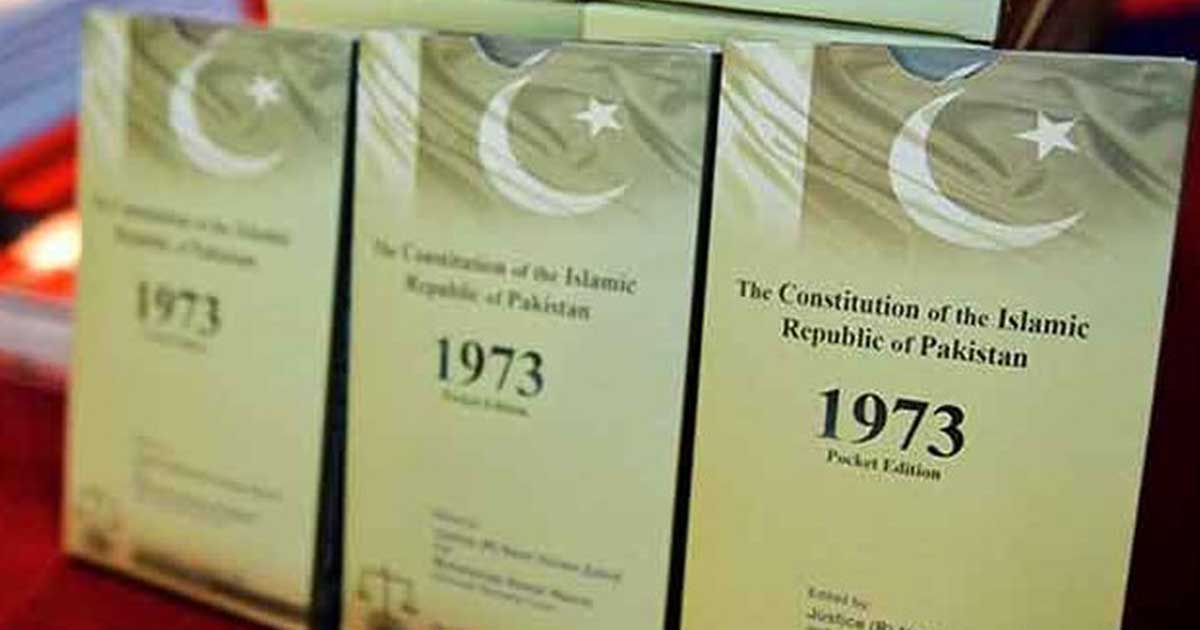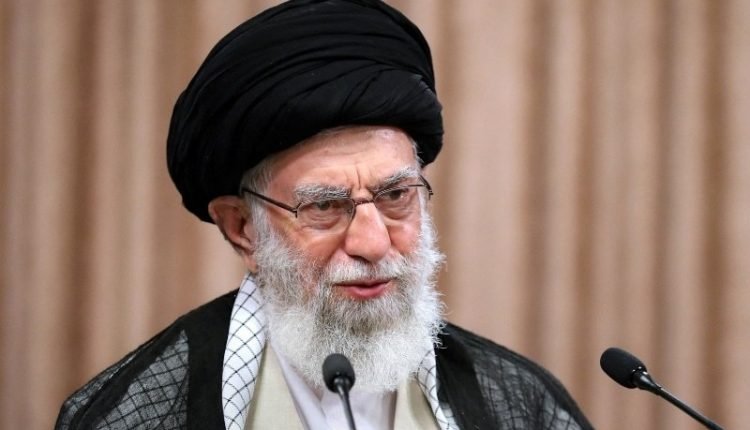Mudassir Rizwan
A country’s constitution, especially for a federation, is super important. It’s like a rulebook that everyone, including the government and the people, has to follow. The constitution lays down the basic laws and principles that guide how the country is run. It sets out the rights and responsibilities of the people and the government.
For a federation, like Pakistan, the constitution is extra important because it helps to sort out the powers between the central government and the smaller units, like provinces or states. It’s like a plan that makes sure everyone knows what they’re supposed to do and what decisions they can make.
Without a constitution, there could be a lot of confusion and disagreements about how things should be done. The constitution helps to keep everything organized and running smoothly, and it protects the rights of all the people in the country. It’s like the foundation of the whole country!
On Pakistan’s 77th independence anniversary, the nation faced a range of complex challenges across political, democratic, economic, and judicial domains. The country has experienced ongoing political instability, marked by frequent government changes and debates over political legitimacy. The Parliament, tasked with enacting laws, has come under criticism for its inability to fulfill its role and pass effective legislation. Consequentially, the executive branch has struggled to implement these laws effectively, leading to governance vacuums and issues with law enforcement.
Economic challenges, such as fiscal deficits, mounting debts, high inflation, and rising unemployment, have deepened social inequalities and hindered the country’s development. Additionally, Pakistan continues to grapple with security concerns, including terrorism and criminal violence, which have eroded public trust in law enforcement and the judiciary.
Pl, subscribe to the YouTube channel of republicpolicy.com
Moreover, the judiciary has come under scrutiny for perceived overreach and bias in its decisions. Instances such as the endorsement of a military coup and interventions in political matters through judicial decisions have raised concerns about the judiciary’s adherence to constitutional boundaries.
Notably, recent cases, including the NAB Amendment Case and Sunni Ittehad Council vs. Election Commission of Pakistan, have sparked controversy and allegations of judicial overreach. There are concerns about the judiciary being increasingly embroiled in political disputes that should ideally be resolved through negotiation rather than legal adjudication.
The country is also facing economic challenges, with its economy dependent on global lenders and a passive foreign policy that has hindered trade and investment opportunities. Simultaneously, a judicial crisis is looming large, with internal conflicts within the judiciary and allegations of moral and corrupt practices.
To address these challenges, it is crucial to uphold the supremacy of the constitution, ensuring that all state institutions operate within the boundaries set by the constitution. This requires a commitment to the trichotomy of powers, with each branch of government respecting its assigned roles and working collaboratively to strengthen democratic processes.
Furthermore, ensuring the accountability and transparency of the judiciary is essential. Implementing global best practices in judicial accountability, such as oversight mechanisms and transparent procedures for evaluating judicial conduct, can help uphold the impartiality and accountability of the judiciary.
Therefore, as Pakistan celebrates 77 years of independence, it is imperative for all branches of government to uphold constitutional principles and work towards a stable and prosperous future for the country. This entails a commitment to constitutional supremacy, the trichotomy of powers, and the principles of accountability and transparency across all institutions.
The constitution of Pakistan makes Pakistan a Federation and Republic. It also provides fundamental human rights. It also ensures that Pakistan has a parliamentary governance where the cabinet is the government. It announces that the sovereignty belongs to Allah Almighty and is a sacred trust that is delegated to the people of Pakistan, and they will exercise it through their chosen representatives.
















